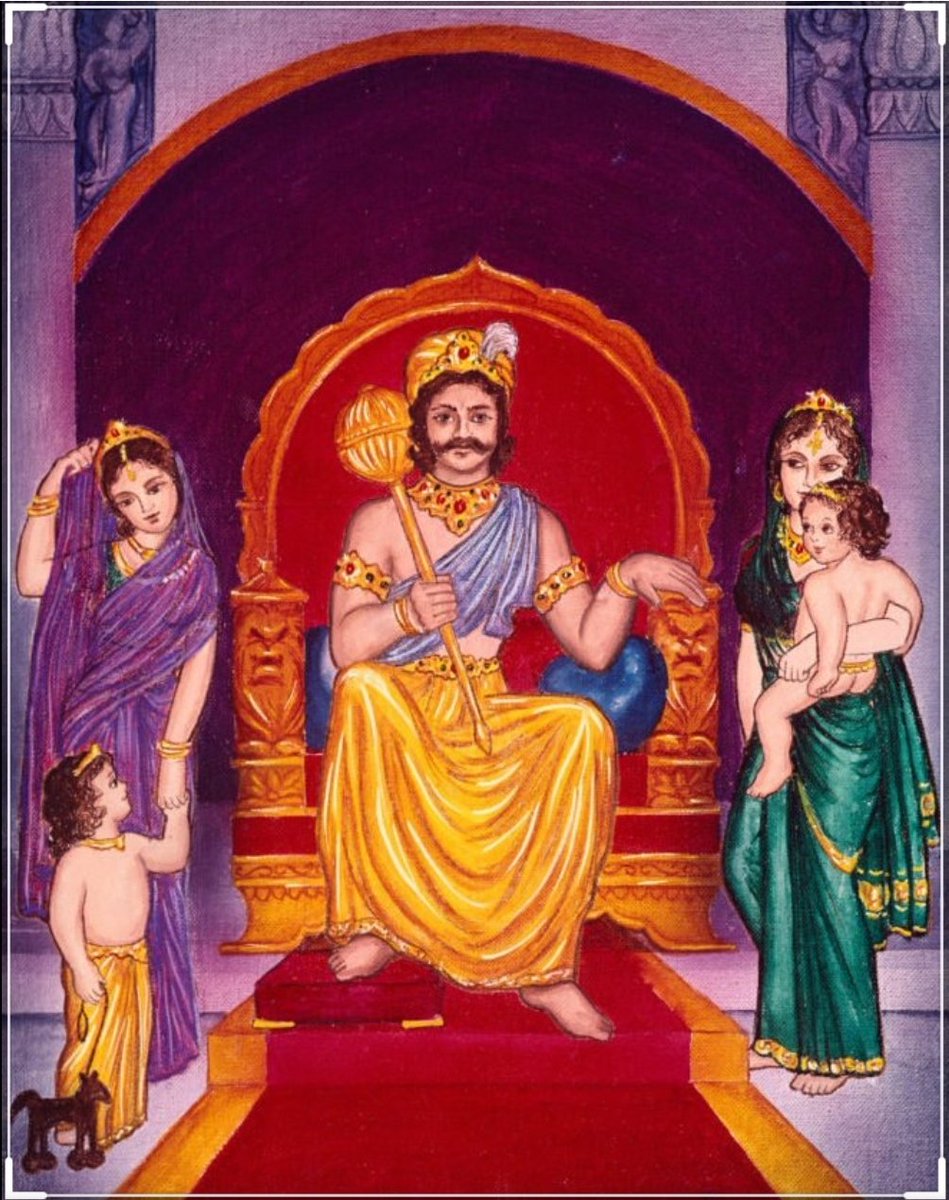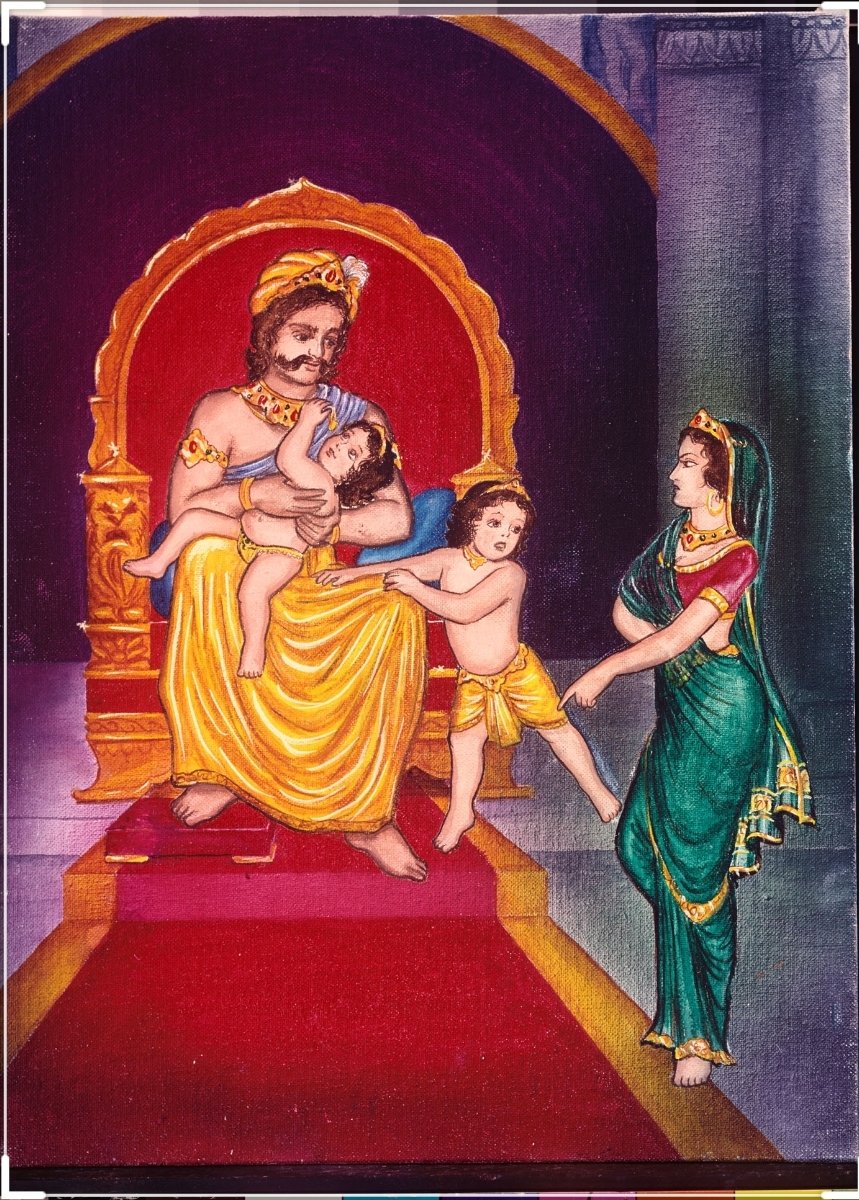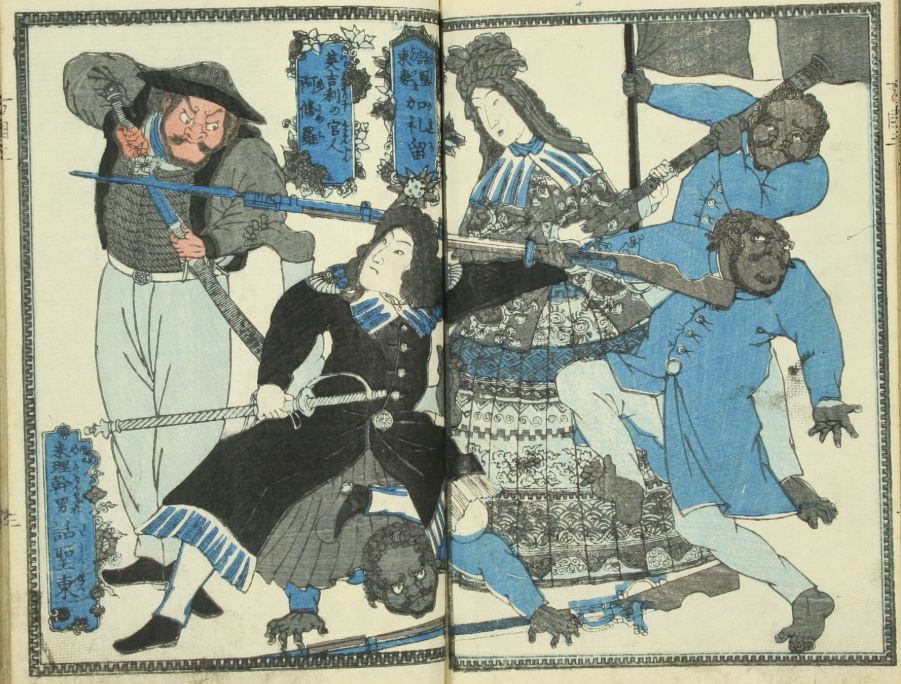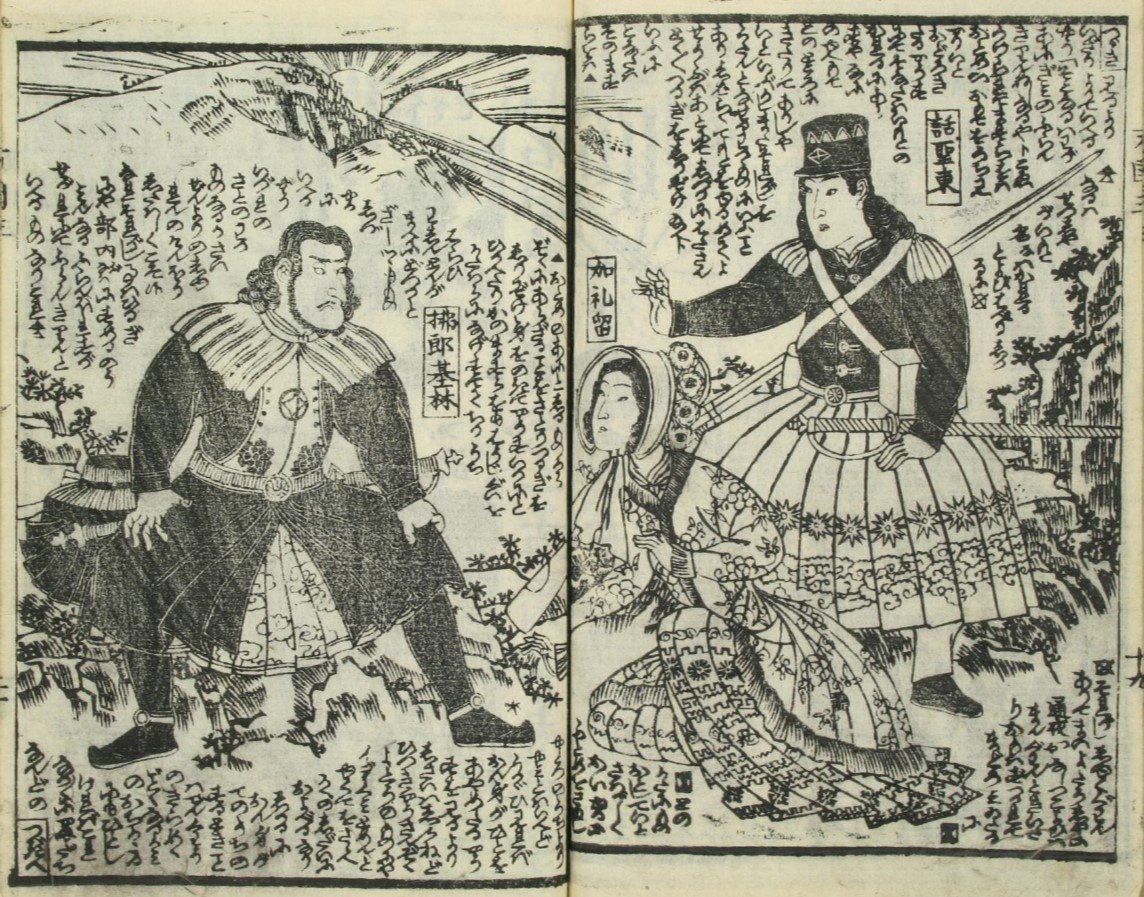THREAD.
In analysing the Afghan political spectrum something becomes obvious: Kabul's base is far more diverse than the Taliban's. For simplicity's sake, I'll count stronger opposition toward the Taliban than Kabul as 'pro Kabul'.
Let's assess these generally. Exceptions apply.
1) ethnonationalists of all ethnicities. Whilst the non-Pashtuns amongst them aren't pro-Ghani, they're pro-Kabul as an institution; they see it as far more representative and amenable to their interests than the Taliban.
a) The Taliban/Pakistan relationship
b) their overt Islam, which many Pashtun nationalists are hostile toward.
Liberals/seculars. Not much intro needed: progress, freedom, spectacular gains of the last 19 years, women's rights et cetera. You generally notice quite an anti-Islam, wholesale adoption of War on Terror rhetoric in their rationale.
Again, not much intro needed: the Taliban are Pakistani proxies just like the Mujahideen were. Pakistan is to blame, Islam is bad/needs to be de-emphasised as it is exploited.
Noticeable that whilst distinct, they share a large overlap with groups 1) and 2).
Generally pro-Mujahideen who consider Kabul a legitimate Islamic authority, strongly condemn the Taliban on Islamic grounds, consider their jihad void and focus on perceived unIslamic nature of the Taliban's method of war.
Massive tension between 4) and 1/2/3.
Nominally pro-Kabul but not from a moral/ideological perspective, but because their favourite politicians/warlords are currently represented in Kabul's team. Willing to cut separate deals with the Taliban as long as their party's interests are upheld.
Many across all groups see peace as a sham. Almost all ethnicities in 1) see their existence as mortally threatened in the event of a peace deal.
How do you reconcile these?
Worth noting groups 1,2&3 comprise fringe elements, yet enjoy healthy representation, for whichever reason.
For them, how much worse can it get? They haven't seen 'gains' Kabul boasts of, so their preservation is unimportant.
https://t.co/JFnMO99iFP
More from World
1/10 With respect, multiple straw men here:
A) If you mean by "legally questionable" either that Senate is barred by constitution from trying an official impeached while in office, or that there are even very strong arguments against it, I have to differ...
2/10 Constitutional structure, precedent & any fair reading of original intent dictate that argument for jurisdiction is far stronger than argument against. On original intent, see
3/10 If you mean argument against jurisdiction is plausible, sure, it's plausible. It's just weak. In practical fact, Senate can try Trump now, find him guilty & disqualify him from future office if there are sufficient votes. And no court would presume to overturn that result
4/10 b) The argument from resources is awfully hard to take seriously. Fewer than a dozen House members act as Managers for a few weeks. They are staffed, as are Senators hearing case, by folks whose job it is to do stuff like this...
5/10 Yes, Senate floor time will be taken up. But it's past time for us to stop thinking of members of either house as feeble, fluttering, occupants of a nationally-funded convalescent home. There are nearly 500 of these people with 1000s of staff and a bunch of big buildings...
A) If you mean by "legally questionable" either that Senate is barred by constitution from trying an official impeached while in office, or that there are even very strong arguments against it, I have to differ...
Some argue that if the Senate declines to hold a legally questionable, resource-sucking trial, Trump would be getting a free pass. That assumes criminal authorities do nothing and citizens can't be trusted to evaluate. Censure and focus important work?
— Ross Garber (@rossgarber) January 22, 2021
2/10 Constitutional structure, precedent & any fair reading of original intent dictate that argument for jurisdiction is far stronger than argument against. On original intent, see
3/10 If you mean argument against jurisdiction is plausible, sure, it's plausible. It's just weak. In practical fact, Senate can try Trump now, find him guilty & disqualify him from future office if there are sufficient votes. And no court would presume to overturn that result
4/10 b) The argument from resources is awfully hard to take seriously. Fewer than a dozen House members act as Managers for a few weeks. They are staffed, as are Senators hearing case, by folks whose job it is to do stuff like this...
5/10 Yes, Senate floor time will be taken up. But it's past time for us to stop thinking of members of either house as feeble, fluttering, occupants of a nationally-funded convalescent home. There are nearly 500 of these people with 1000s of staff and a bunch of big buildings...
Watch the entire discussion if you have the time to do so. But if not, please make sure to watch Edhem Eldem summarizing ~150 years of democracy in Turkey in 6 minutes (starting on 57'). And if you can't watch it, fear not; I've transcribed it for you (as public service). Thread:
"Let me start by saying that I am a historian, I see dead people. But more seriously, I am constantly torn between the temptation to see patterns developing over time, and the fear of hasty generalizations and anachronistic comparisons. 1/n
"Nevertheless, the present situation forces me to explore the possible historical dimensions of the problem we're facing today. 2/n
"(...)I intend to go further back in time and widen the angle in order to focus on the confusion I believe exists between the notions of 'state', 'government', and 'public institutions' in Turkey. 3/n
"In the summer of 1876, that's a historical quote, as Midhat Pasa was trying to draft a constitution, Edhem Pasa wrote to Saffet Pasa, and I quote in Turkish, 'Bize Konstitusyon degil enstitusyon lazim' ('It is not a constitution we need but institutions'). 4/n
https://t.co/1GtPJaxi1H - Ka\xe7\u0131rmay\u0131n bu muhte\u015fem Bo\u011fazi\xe7i hocalar\u0131 ge\xe7idini !
— dilek cinar (@dlkcinar) February 16, 2021
"Let me start by saying that I am a historian, I see dead people. But more seriously, I am constantly torn between the temptation to see patterns developing over time, and the fear of hasty generalizations and anachronistic comparisons. 1/n
"Nevertheless, the present situation forces me to explore the possible historical dimensions of the problem we're facing today. 2/n
"(...)I intend to go further back in time and widen the angle in order to focus on the confusion I believe exists between the notions of 'state', 'government', and 'public institutions' in Turkey. 3/n
"In the summer of 1876, that's a historical quote, as Midhat Pasa was trying to draft a constitution, Edhem Pasa wrote to Saffet Pasa, and I quote in Turkish, 'Bize Konstitusyon degil enstitusyon lazim' ('It is not a constitution we need but institutions'). 4/n
You May Also Like
🌿𝑻𝒉𝒆 𝒔𝒕𝒐𝒓𝒚 𝒐𝒇 𝒂 𝑺𝒕𝒂𝒓 : 𝑫𝒉𝒓𝒖𝒗𝒂 & 𝑽𝒊𝒔𝒉𝒏𝒖
Once upon a time there was a Raja named Uttānapāda born of Svayambhuva Manu,1st man on earth.He had 2 beautiful wives - Suniti & Suruchi & two sons were born of them Dhruva & Uttama respectively.
#talesofkrishna https://t.co/E85MTPkF9W

Now Suniti was the daughter of a tribal chief while Suruchi was the daughter of a rich king. Hence Suruchi was always favored the most by Raja while Suniti was ignored. But while Suniti was gentle & kind hearted by nature Suruchi was venomous inside.
#KrishnaLeela

The story is of a time when ideally the eldest son of the king becomes the heir to the throne. Hence the sinhasan of the Raja belonged to Dhruva.This is why Suruchi who was the 2nd wife nourished poison in her heart for Dhruva as she knew her son will never get the throne.

One day when Dhruva was just 5 years old he went on to sit on his father's lap. Suruchi, the jealous queen, got enraged and shoved him away from Raja as she never wanted Raja to shower Dhruva with his fatherly affection.

Dhruva protested questioning his step mother "why can't i sit on my own father's lap?" A furious Suruchi berated him saying "only God can allow him that privilege. Go ask him"

Once upon a time there was a Raja named Uttānapāda born of Svayambhuva Manu,1st man on earth.He had 2 beautiful wives - Suniti & Suruchi & two sons were born of them Dhruva & Uttama respectively.
#talesofkrishna https://t.co/E85MTPkF9W

Prabhu says i reside in the heart of my bhakt.
— Right Singh (@rightwingchora) December 21, 2020
Guess the event. pic.twitter.com/yFUmbfe5KL
Now Suniti was the daughter of a tribal chief while Suruchi was the daughter of a rich king. Hence Suruchi was always favored the most by Raja while Suniti was ignored. But while Suniti was gentle & kind hearted by nature Suruchi was venomous inside.
#KrishnaLeela

The story is of a time when ideally the eldest son of the king becomes the heir to the throne. Hence the sinhasan of the Raja belonged to Dhruva.This is why Suruchi who was the 2nd wife nourished poison in her heart for Dhruva as she knew her son will never get the throne.

One day when Dhruva was just 5 years old he went on to sit on his father's lap. Suruchi, the jealous queen, got enraged and shoved him away from Raja as she never wanted Raja to shower Dhruva with his fatherly affection.

Dhruva protested questioning his step mother "why can't i sit on my own father's lap?" A furious Suruchi berated him saying "only God can allow him that privilege. Go ask him"


























